When Wonder Woman was released early this year, I'd venture to say that 90% of the rhetoric surrounding it had to do with its feminist nature. Whether reviewers were arguing for the movie's very obvious agenda, against the whitewashing of its lead character or analysing every single thing to do with the film's costumes, makeup, or characterisation, it seems that all roads led to feminism. It's a discussion that undoubtedly had to be had, even if it got tired somewhat quickly.
Which is why it's somewhat surprising that the superhero event of the second half of 2017, Marvel's Netflix show The Defenders, hasn't been given the same treatment. An otherwise average superhero show, The Defenders excels at its portrayal of women, both when it comes to just how many are on the payroll and when it comes to their characters treatment on the show.
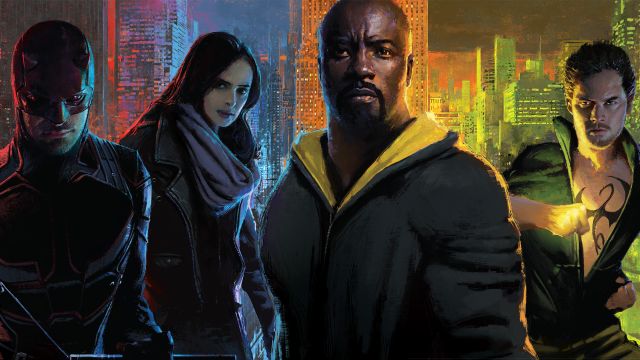
For those who didn't know, The Defenders is the culmination of four (soon to be five when The Punisher is released) series that Netflix has been slowly but steadily releasing for the past few years. Daredevil was the first, Jessica Jones arguably the most popular, Luke Cage the diversity quota and Iron Fist possibly the most annoying.
In a similiar way to The Avengers, The Defenders unites all four of these heroes to fight crime as the eponymous superhero team. That in itself isn't too great for the female quota: Jessica is only one of four. But each of the four heroes also brings their token "female friend" to the series with them, which adds up to a lot of female faces onscreen. All of the additional filler characters in each series (generally those who aren't love interests) were discarded, leaving only a bunch of strong women onscreen.
Jessica brings Trish Walker, who's possibly the most interesting supporting character in the entire series as a former child star turned radio talk show host turned wannabe superhero. Iron Fist brings Colleen Walker, a former ninja villain turned dojo owner. Cage brings Misty Knight, the tough talking cop with a huge personality to match her ridiculous rack. And Daredevil actually brings two female companions with him: Karen, a reporter and potential love interest, and Elektra, a past love interest and the main villain of the piece.
On top of that, there's several other strong females in the mix. Claire Temple is a former nurse who's appeared in every Marvel Netflix show so far and who acts as the sort of Nick Fury to unite the group. Alexandra is a new character, also a villain, whose actions form the backbone of the first half of the series.
Out of the fifteen main cast members, that's a whopping eight who are female. Women are actually outnumbering men, which is completely unprecedented in superhero themed shows. With the addition of Gao, another notable villian, and Jeri Hogarth, who plays a small role as a lawyer - neither of whom are main cast members, but who play significant roles, that's ten strong female characters in the show. Even better, four of them - five if you count the Greek Elektra - are women of colour.
Of course, the sheer number of females on any one show isn't the only thing that will make it "feminist". After all, quality comes over quantity, and this achievement wouldn't count for anything if every female character walked around in a skimpy bikini the entire time. Thankfully, most of these women are well-developed and with motives of their own; even if four out of eight of them are love interests. Each has a different but significant role to play: some of them fighters, some of them healers; some of them leaders and some of them gazers. Writers worked with Signourney Weaver (Alexandra) specifically to ensure that her character was sympathetic and not cliched, namely to avoid "terms like ‘ice queen’ that are often thrown at women who aren’t completely sympathetic." Weaver herself called the relationship between Alexandra and Elektra "one of the most unusual that I’ve ever experienced".
Which brings us, in a very roundabout way, to Wonder Woman. An admittedly fun movie, Wonder Woman was very on the nose regarding its feminist agenda, turning the political movement into a shtick to seperate it from the crowd of action blockbusters surrounding it. Because it defined itself based on its feminism, Wonder Woman's characters were entirely created from that concept, leading to a literal army of completely flawless, idealised representations of women. These women were all glorious Amazons with beautiful hair, cool armour to show off their long legs, and barely a character flaw in sight. It worked for Wonder Woman because of that particular characters status as a feminist icon, but it also displayed very little diversity in terms of female characters and only added to the idea that they are "other", separated from other superheroes thanks to their god-like status.
On the other hand, the sheer quantity of The Defender's female cast members means that they're bound to differ in their personalities and opinions. More importantly, they're all much more relatable: Jessica suffers from PTSD, Trish a controlling mother, Colleen an abusive male authority figure, Karen relationship issues and Elektra a split personality. Gone are the flawless Glamazons of this years first quarter: here is a group of women who don't have to be perfect to be powerful.
For a studio who does so poorly when it comes to females in film, Marvel's television projects are all surprisingly good. Agents of S.H.I.E.L.D. features a similarly large cast of females (although they don't match the males), Agent Carter was their first female hero to have a project follow them, and the multitude of series leading up to The Defenders, while not great on their own, have culminated in a very female friendly show. Let's hope that with the Brie Larson-led Captain Marvel, coming in 2019 Marvel will finally start to do as well with its film properties, too.
.png.dcd-a1ca51eeace2d6b28f1ea2.png.cb8e6e998f73e57536eb3b4a37cfe23a.png.327c59c67fe67504c237f8a4b994379e.png)
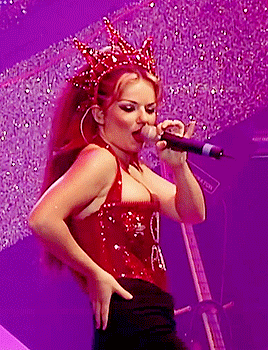
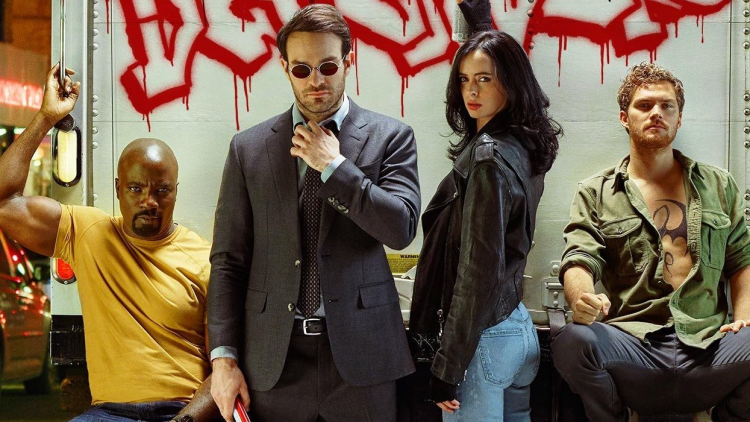
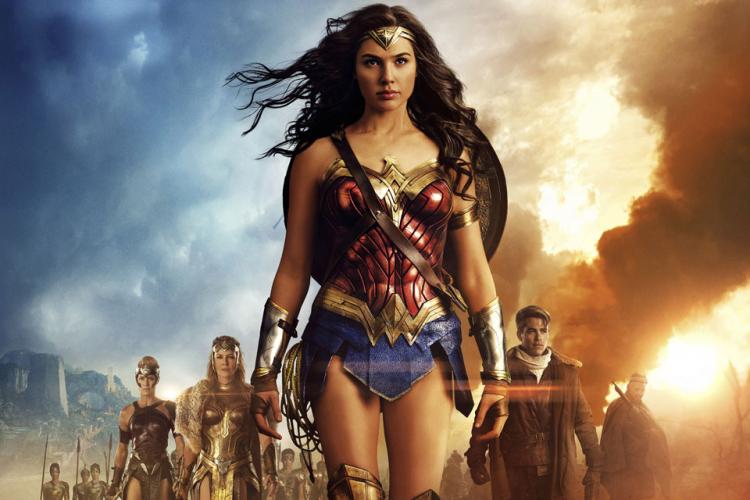
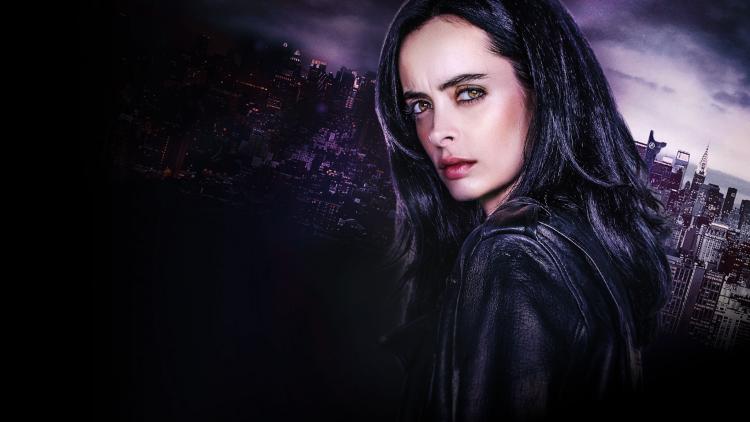
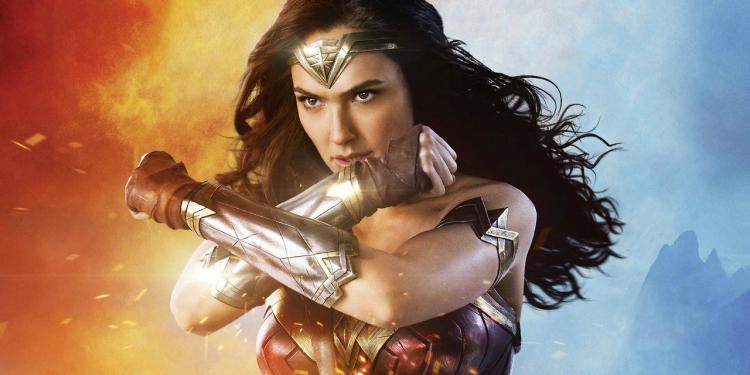
Recommended Comments
Join the conversation
You can post now and register later. If you have an account, sign in now to post with your account.